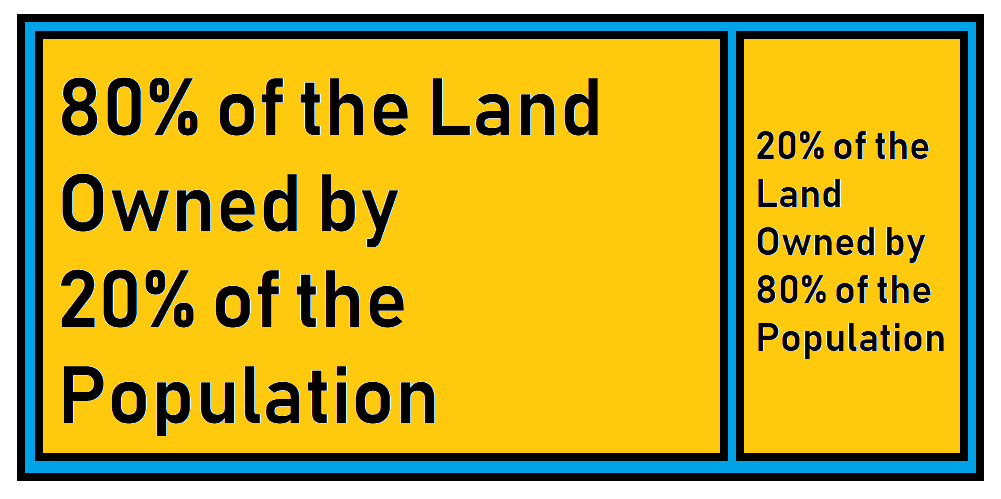The Pareto Principle - 80:20 Rule
The wide application of the 80:20 rule in different fields like Economics, Computing, Sports, and many more.

The Parento Principle states that for many outcomes, roughly 80% of consequences come from 20% of the causes.
Vilfredo Pareto in his first work, Cours d'économie politique noted that roughly 80% of land in Italy was owned by 20% of the population. Since, then the very same ratio has been observed in many areas like economics, computing, sports, and many more.
Let’s have a look at some of these areas where the Pareto Principle is applied :
In Economics,
- In 1992, United Nations Development Program Report showed that the richest 20% of the world’s population generated 82.7% of the world’s income.
- In the years 2000, 2006, and in 2018, it was noticed in the US that the top 20% of earners paid roughly 80-90% of Federal Income Taxes.
- 20% of the products account for roughly 80% of sales value for many businesses.
- 20% of customers have been shown to be responsible for almost 80% of an organization’s profits.
In Computing,
- Microsoft noted that by fixing the top 20% of the most reported bugs, 80% of the related errors and crashes in a given system would be eliminated.
- Lowell Arthur expressed that “20% of the code has 80% of the errors. Find them, fix them!”
- It was discovered that in general, 80% of certain pieces of software could be written in 20% of the time. Conversely, the hardest 20% of the code takes 80% of the time.
- People use 20% of a Program’s features 80% of the time.
In Other Fields,
- 80% of the results come from efforts of 20% of the employees
- 80% of the value is achieved with the first 20% of the effort.
- 80% of traffic comes from 20% of the posts.
Pareto Principle seems to be applicable in a wide range of areas which can be seen in our day-to-day lives as well. For example, we spend 80% of our time with 20% of our friends.